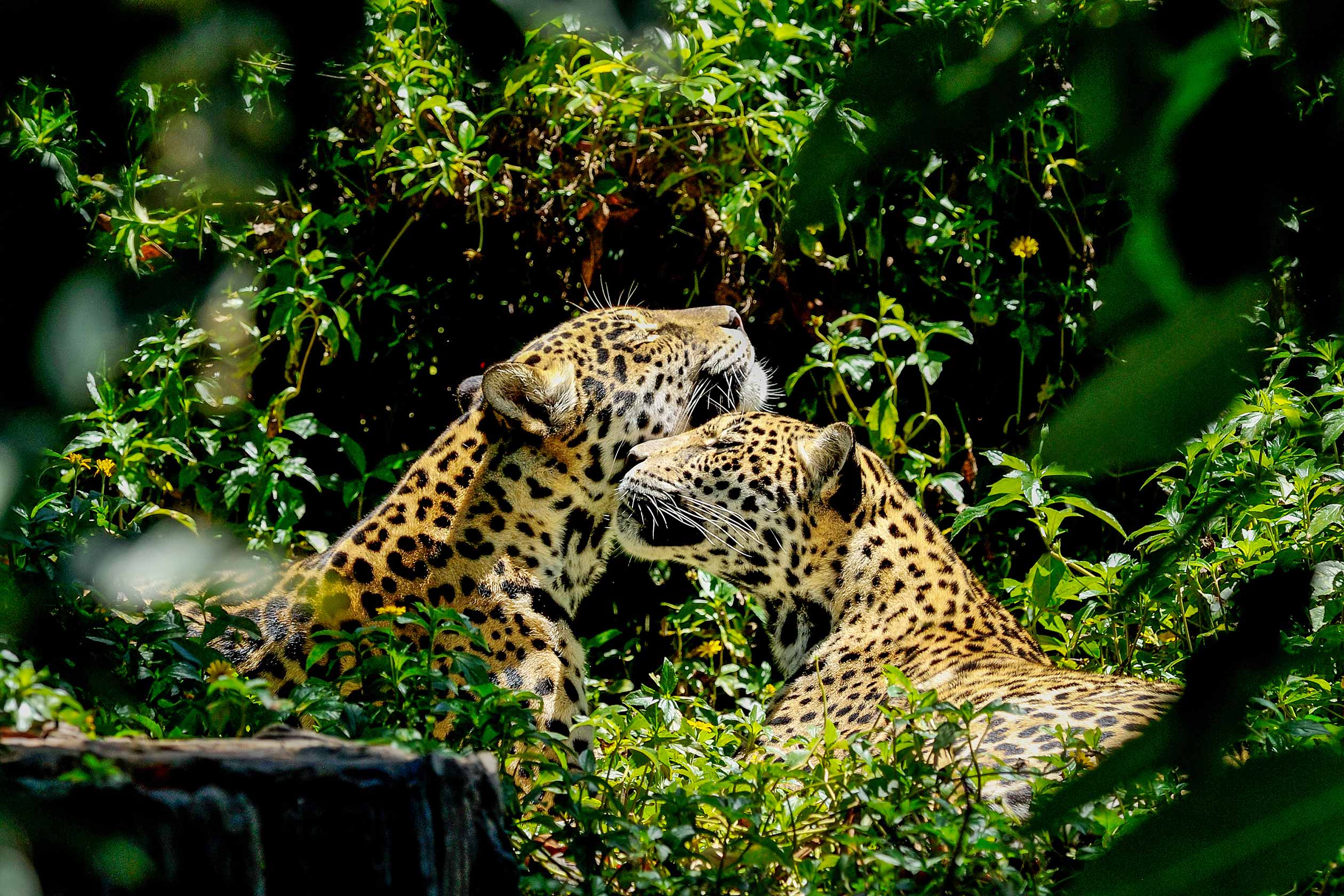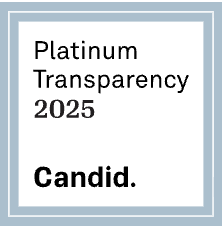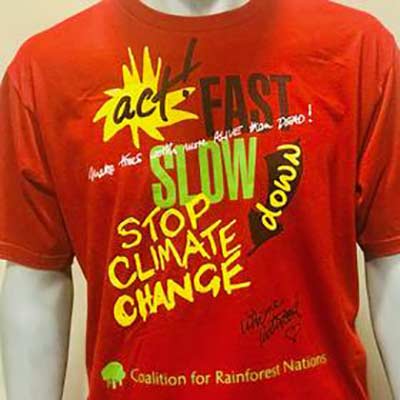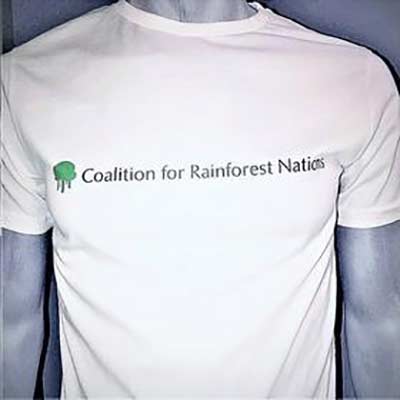
Belize Steps Up its South-South Support on UNFCCC REDD+ Mechanism
Belize has become a role model for other countries in the region and globally for institutionalizing the capacity-building process for the REDD+ mechanism. Their lessons learnt have been widely disseminated across the region, helping other countries, like Saint Lucia and Dominica to improve their data collection, processing, and reporting. The Belize forestry team often gives presentations to both regional and global workshops, and recently presented COP 26 in Glasgow.
Also, Belize recently completed a land use assessment cycle 2000 to 2018, using Collect Earth. The study identified all land use and land use changes, including damage and disturbance to forests by fires, logging, and hurricanes. This information is key to updating Belize’s national greenhouse gas inventory, which is part of both its commitments to UNFCCC REDD+ Mechanism and the Paris Agreement.
“This is a major achievement for Belize. We are excited to have been part of the process and looking forward to continue supporting Belize and its efforts to conserve their forests and biodiversity,” Federica Bietta, Managing Director, Coalition for Rainforest Nations
CfRN supported Belize’s work with its capacity-building foundational platform. The platform helps countries harmonize data for reporting Agriculture, Forests and Other Land Use (AFOLU) sector and the greenhouse gas inventory, so that national forest conservations targets, called Forest Reference Level Emissions (FREL/FRL) can be set. Belize submitted its 2000-2015 baselines in 2020, including a modified version. This modified version included comments and suggestions from the UNFCCC Technical Assessment team, which improved the quality of the report. Later in the year, Belize submitted its REDD+ Technical Annex, which included the REDD+ verified carbon reductions from 2016-2018. Currently the country is finalizing the UNFCCC Technical Assessment.
To learn more about Belize submissions to UNFCCC REDD+, check out the REDD+ hub.


